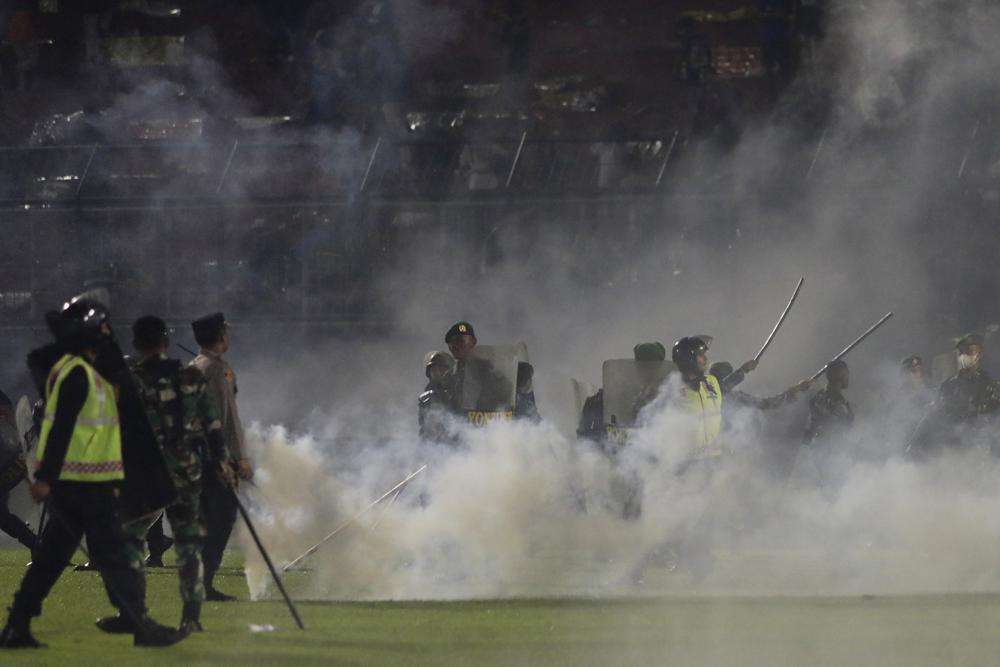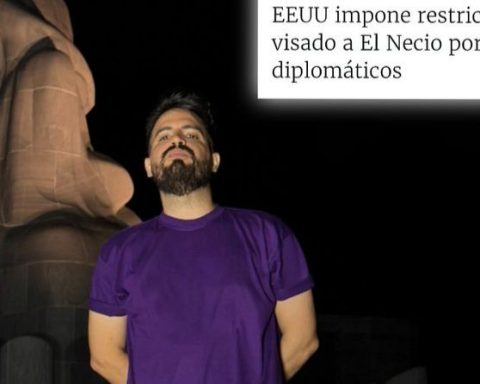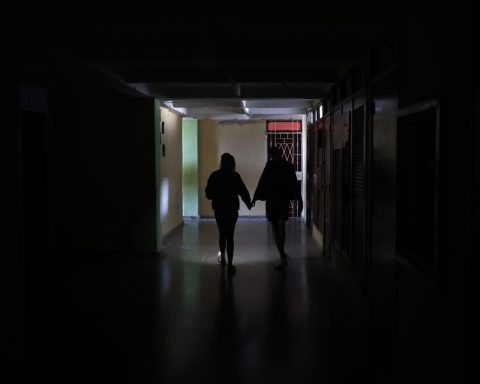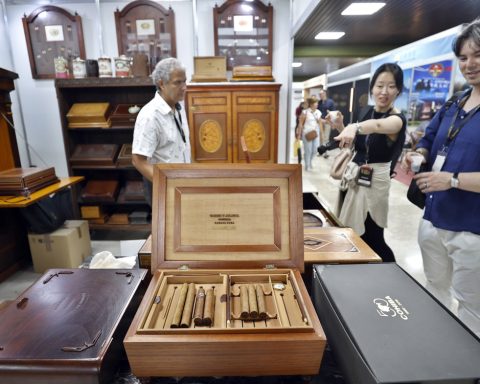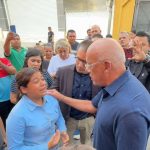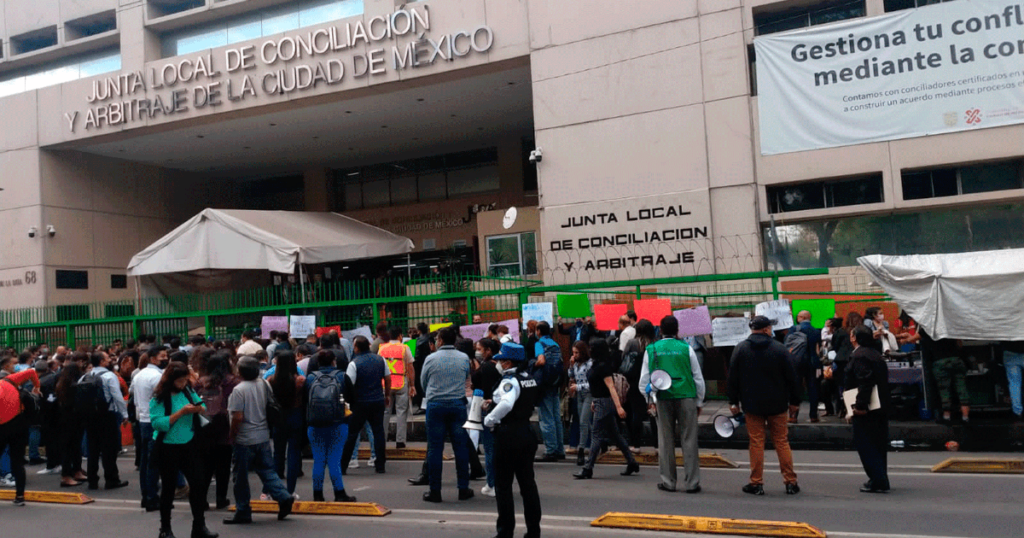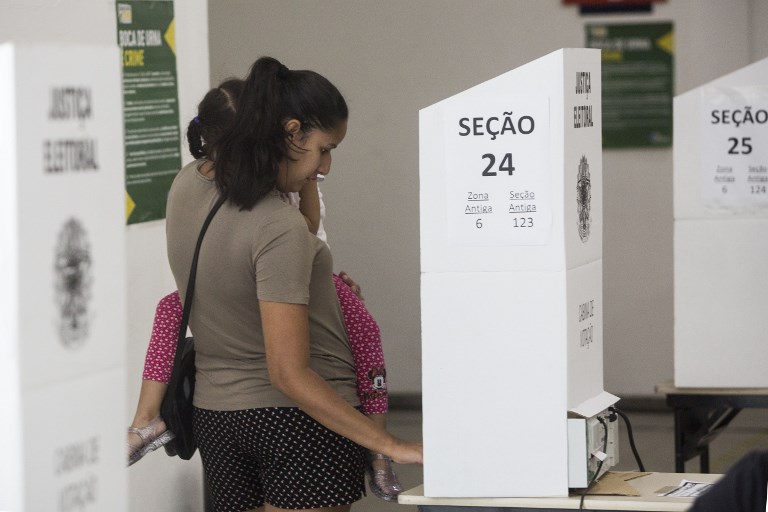Police fired tear gas after a soccer match in Indonesia in a bid to stop the violence, setting off a disastrous spate of terrified fans running for exits and leaving at least 125 dead, most trampled or suffocated.
Attention was immediately focused on police crowd control measures at Saturday night’s match between host Arema FC from the East Java city of Malang. Witnesses described officers beating them with clubs and shields before firing tear gas directly into the crowd.
President Joko Widodo ordered an investigation of the security procedures. The FIFA president called the deaths “a dark day for everyone involved in football and a tragedy beyond comprehension.”
While FIFA has no control over domestic matches, it has discouraged the use of tear gas in soccer stadiums. Fights are common between rival Indonesian soccer fans, so much so that the organizer banned Persebaya supporters from Arema Stadium.
But violence erupted when the home team lost 3-2 and some of Arema’s 42,000 fans, known as “Aremania,” threw bottles and other objects at players and soccer officials.
Witnesses said fans flooded the field of Kanjuruhan Stadium and demanded that Arema’s management explain why, after 23 years of undefeated home games against Persebaya, it ended in defeat.
At least five police vehicles were shot down and set on fire outside the stadium. Riot police responded by firing tear gas, including into the stadium’s stands, sending the crowd into a panic.
“Officers fired tear gas directly at spectators in the stands, forcing us to run for the exit,” a witness said. “Many victims fell due to shortness of breath and difficulty seeing due to tear gas. They were trampled.”
Others suffocated and were trampled as hundreds of people ran for the exit to avoid the tear gas. In the chaos, 34 were killed in the stadium, including two officers, with some reports including children among the victims.
National Police Chief Listyo Sigit Prabowo said the death toll had been revised from 174 to 125, after authorities found that some of the victims had been counted twice. More than 100 were receiving intensive treatment in eight hospitals, 11 of them in critical condition.
Associated Press/OnCuba
